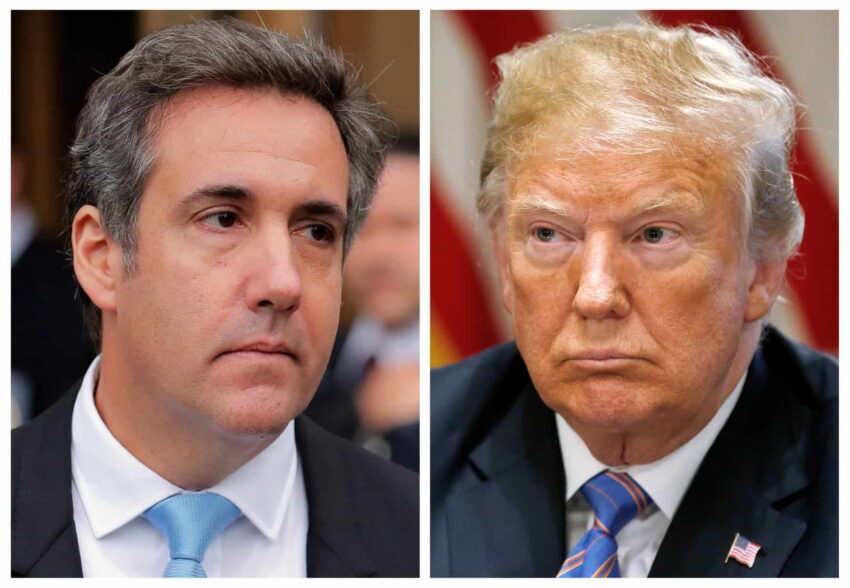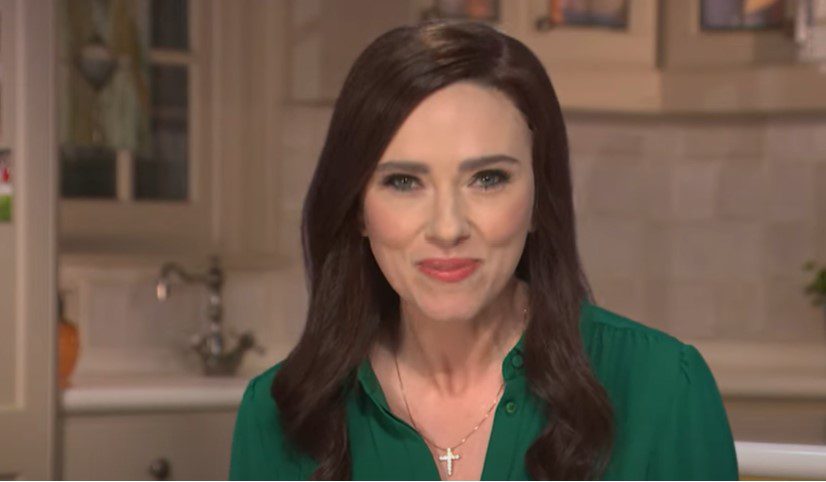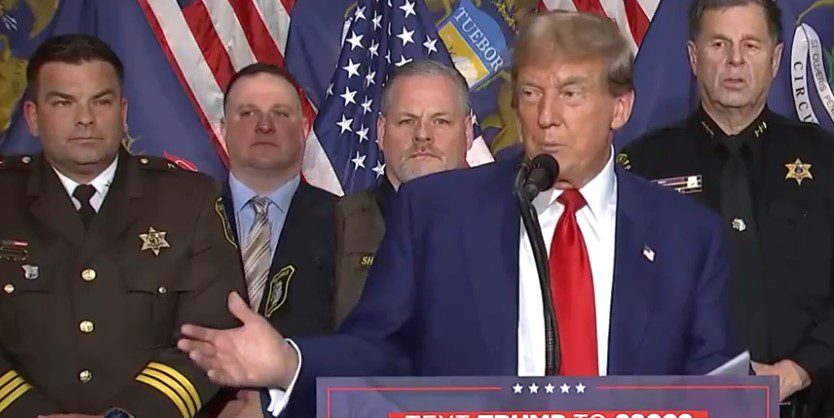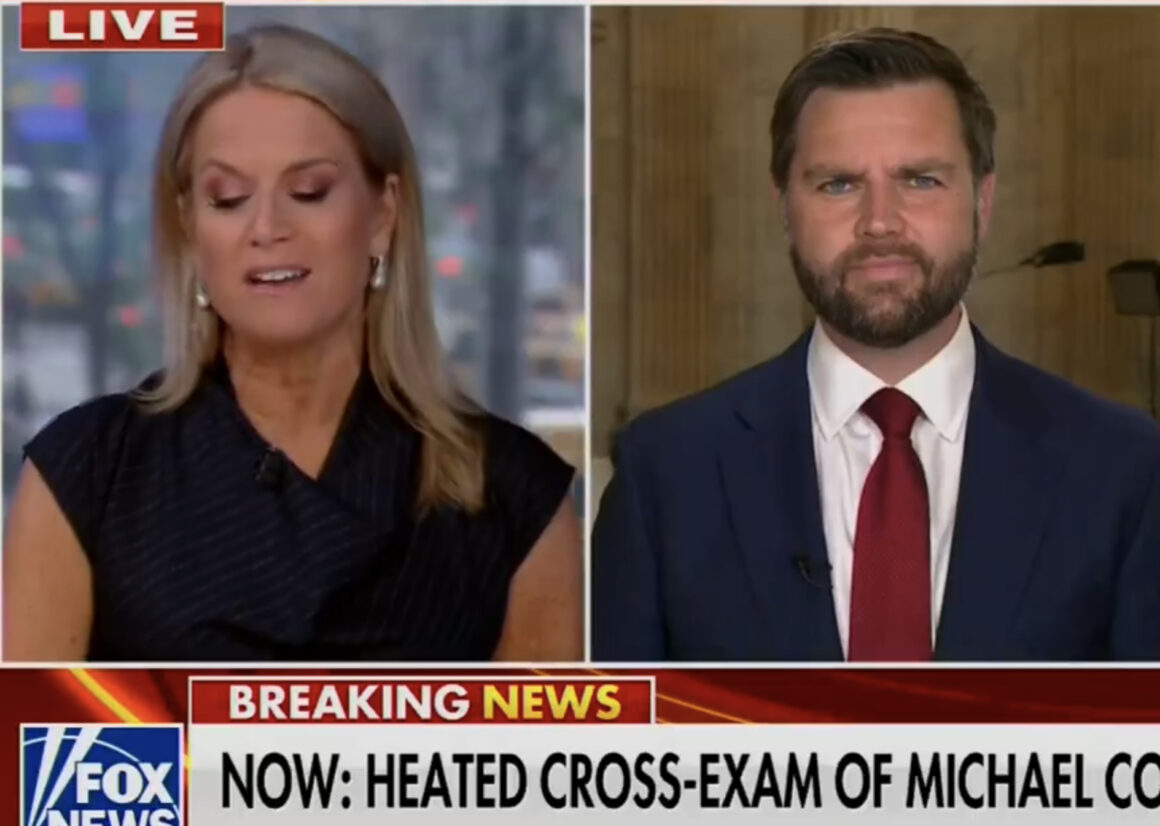Prosecutorial Investigation into Trump’s False Business Documents
Current legal proceedings have illuminated a paper trail implicating former President Donald Trump in managing misleading business documents. A key figure in this investigation is Michael Cohen, who is diligently guiding the jury through the intricacies of the evidence.
Insight into the Courtroom Proceedings
Recently disclosed evidence has shed light on Weisselberg’s handwritten notes detailing reimbursements to Cohen. These notes, previously mentioned during Jeffrey McConney’s testimony, have resurfaced, with Cohen now affirming his presence when Weisselberg recorded the terms of repayment for hush money, as well as withheld bonuses and other outstanding dues.
- The document in question is said to establish a direct link between the reimbursements directed to Cohen and the falsified records created to obfuscate these transactions.
- Trump faces 34 counts of falsifying business records, each pertaining to a specific document, including checks, invoices, and ledger entries.
Cohen’s Testimony and Implications
One notable aspect of Cohen’s testimony is its persuasiveness and credibility. His assertions are bolstered by the presence of corroborating documents, lending weight to his statements. Interestingly, Trump’s legal team has refrained from disputing the authenticity of these key documents.
During Cohen’s initial testimony, significant blows were dealt to the defense’s position. He posited that Trump’s primary focus revolved around his presidential campaign rather than familial matters. Additionally, Cohen painted Trump as primarily driven by electoral ambitions when orchestrating hush money transactions, a narrative further evidenced by his resort to Cohen following a failed agreement with David Pecker.
While the case against Trump seems formidable, the unpredictable nature of juries introduces an element of uncertainty, despite the apparent unfavorable outlook for the former president.
Image/Photo credit: source url





